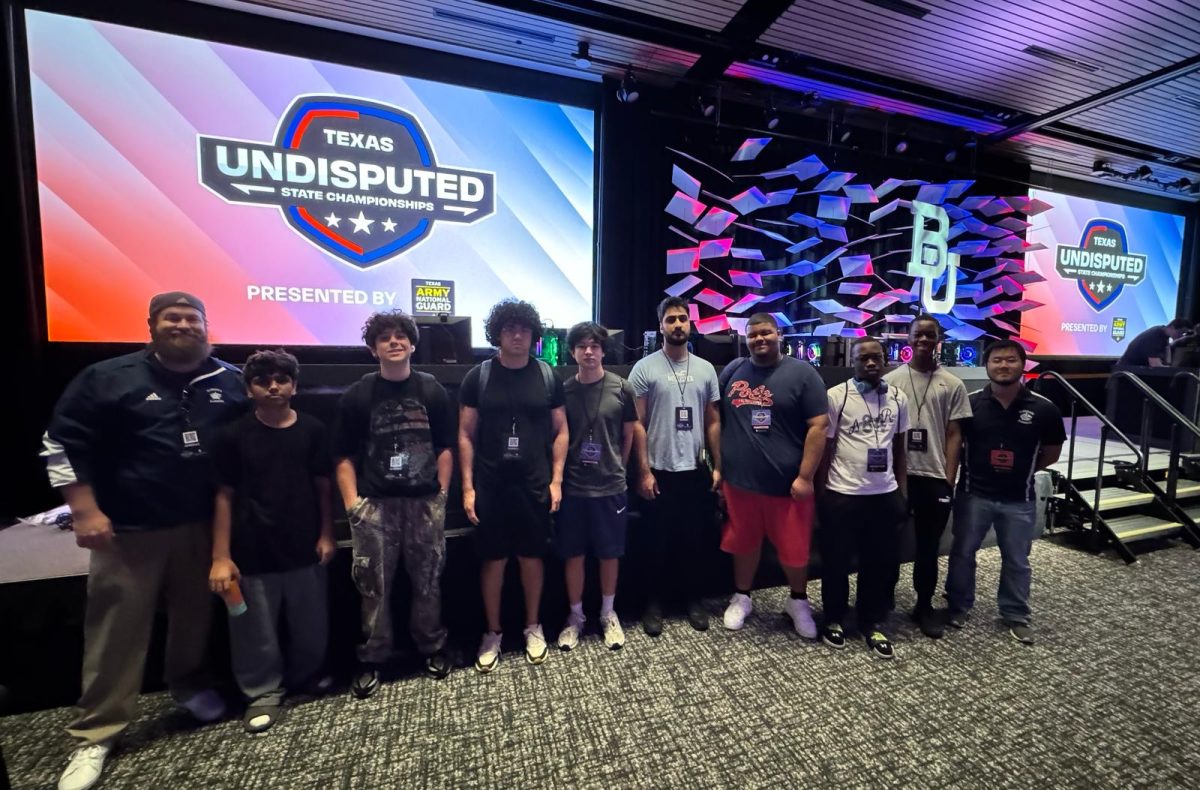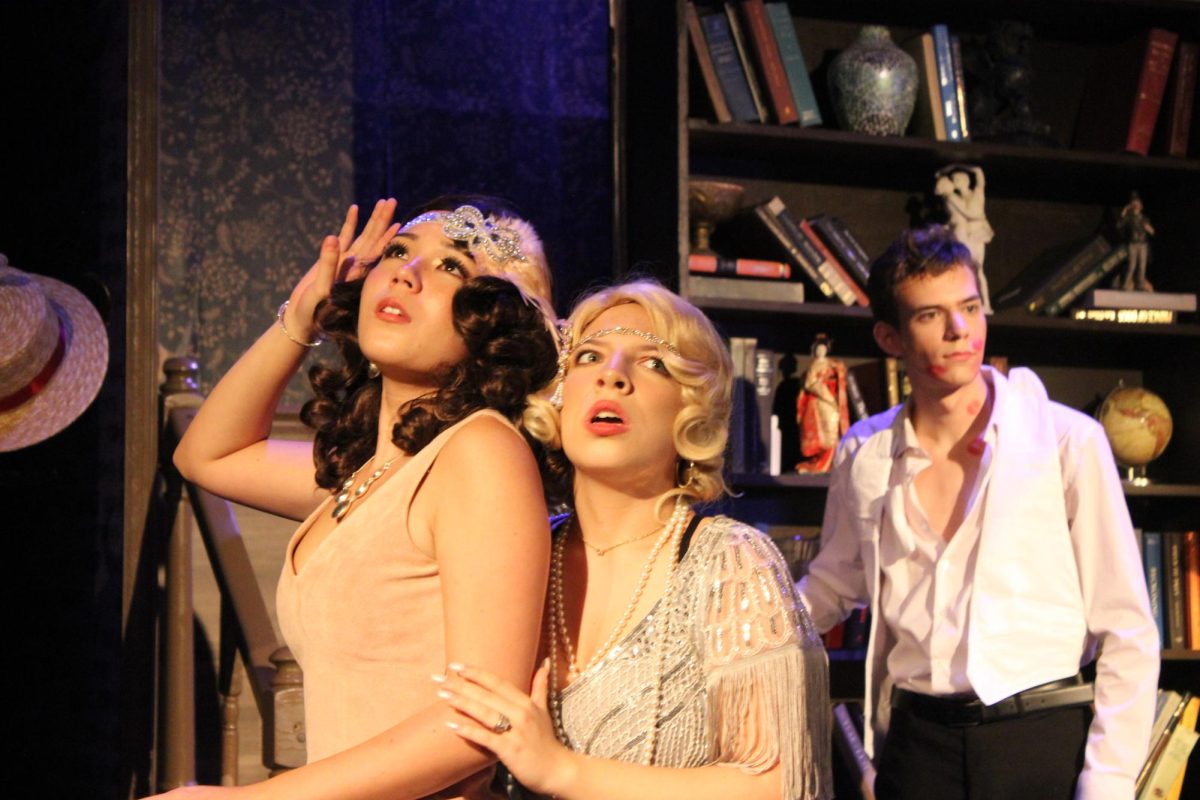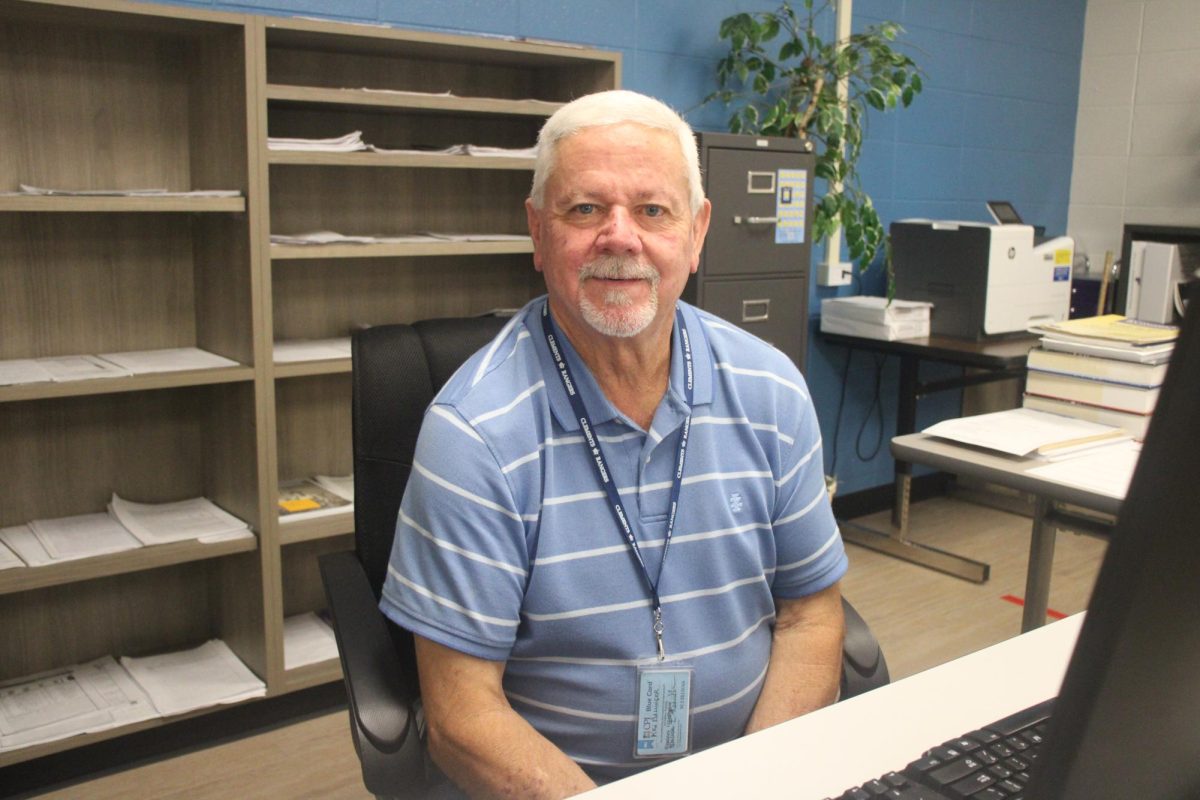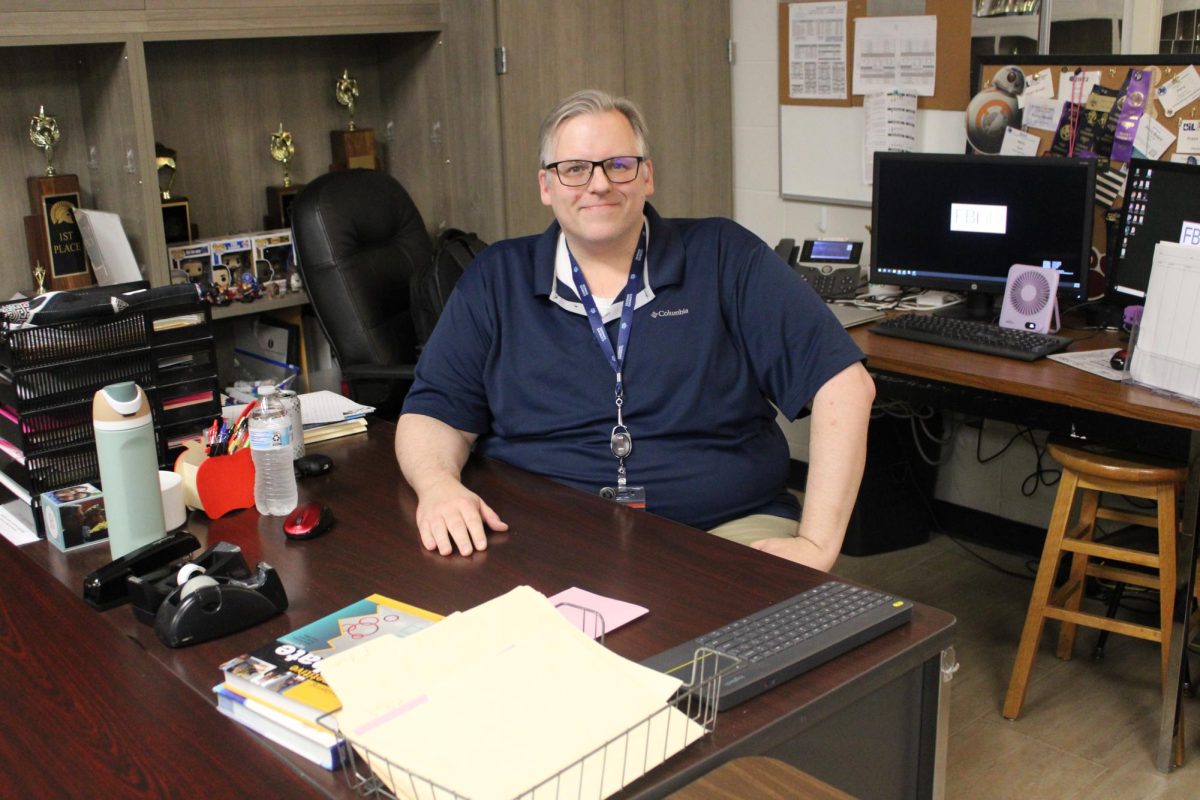Live on the stage, two teams compete, filled with exhilaration as quick inputs are made, sweat runs down faces and keyboards clack loudly. It isn’t just a game to them, it’s their combined effort over the last few months to not just be successful themselves but successful as a team.
However, as the audience watches, the most passionate in the game aren’t the referees, the other gamers watching or even the parents watching, but the coaches who trained these athletes—Calculus teacher Nguyen Tran and Algebra II teacher Keith Tielke.
Last year the campus Esports team was created to major success, with Clements placing well in many games such as Super Smash Brothers, Fortnite and League of Legends. This is thanks to not only the excellent players but also to their two coaches. Tran, who coached the team during its founding and Tielke, who joined later in the year.
“To be honest, for me, I actually wasn’t sure I wanted to be an Esports coach,” Tran said, “I was just going to be a teacher because I like being a teacher, but because I used to be a professional gamer, people have said that I should be an Esports coach because I have everything it takes to put the team to winning, so that was actually my motivation.”
To Tran it was about making the team the best he could, so that they could not only improve in the games they play but also dominate them. For Tielke, who had previous experience with coaching Football and Tennis, it was about the opportunity to coach again and to feel that sense of joy from being on a team.
“Well, I mean, as silly as it is, it’s the camaraderie that we have and our own sense of competitiveness where we can joke around and have a good time,” Tielke said.
Tielke has also been a part of the “gaming world” since he was a teenager, and one of his major goals is to help students not only with their skill but also emotional management as he believes Esports is more toxic than many physically focused sports.
“I love being a part of the gaming world, but there’s always been something that has frustrated me as a young gamer growing up, which is just seeing how people melt down,” Tielke said. “And if I can help Coach Tran and help these athletes, you know, work through these kinds of events, maybe they can do something with this outside of high school.”
Tielke isn’t just helping their emotional management through matches alone, it’s also about growing a positive culture for the team.
“It’s building something more than just teamwork,” Tielke said. “It’s creating that family.”
Tran also works towards a friendly environment, explaining that a friendly environment is not only nice to be in but also creates better players.
“We can’t win if the environment isn’t friendly, if it’s not productive and [there’s no] constructive criticism,” Tran said. “[If] it’s purely negative, that doesn’t help anybody.”
Another part of Esports that is important is the games themselves. As of now the Esports team currently competes in Fortnite, Valorant, Super Smash Brothers and League of Legends.
“Okay, so for me, I used to be professional gamer in terms of MOBAs, which is like League of Legends and games similar to that,” Tran said. “I’ve also always played Super Smash Brothers growing up, and I’m also probably a top percent of the school at it, so I can give a lot of insight specifically to [those] exact games students are playing.”
Tran has always been and still is good at MOBA (Multiplayer Online Battle Arena) games like League of Legends and fighting games like Super Smash Brothers. Tielke on the other hand explains that while he doesn’t have as much professional gaming experience, he’s played first person shooter games like Fortnite and Valorant for over two decades and had high online rankings in games such as Call of Duty.
“I know that I can take some of the mentality that I used to have with Call of Duty and talk about how a team supports one another,” Tielke said. “How do we work on skills?”
Tielke, while being semi-experienced in first person shooter games, is himself new to Fortnite and Valorant as he wants not only him but also his team members to “become the experts” on the game.
“We need to let the players actually be the experts on the game and allow us just to support them the best we can,” Tielke said.
However, while Tielke and Tran are both experienced as coaches and players, there have been some struggles for them.
“If we’re talking about individual coaching and improving each player individually, the hard part is to be able to identify what they’re doing wrong, and then seeing instead of what they’re doing wrong, what can they do in that situation,” Tran said.
Tran also explains that the difficult part in coaching a whole team is managing toxicity among its members and how they can come back from a loss.
“The hard part is when the team is losing and figuring out how to manage it and how to make it a good learning experience to make it where they get better in the future,” Tran said.
Those aren’t the only struggles, even the ways the matches are set up can sometimes test the players’ patience and endurance.
“We are going to have long days; we would start at 8 o’clock in the morning, and we might end up going till nearly 6 o’clock at night,” Tielke said. “How many sports technically do that where they are having to be there just playing that waiting game and only get to play for maybe 30 minutes at a time?”
Patience is not the only skill these students need though, as Tielke explains how games can also improve other aspects of a person.
“Studies have been specifically shown now that clearly state that video games actually improve eye hand coordination, that it improves processing speed, and that creates a different level of team work and camaraderie that in small spurts of time, you don’t ever get out on the field,” Tielke said.
Despite all the struggles, Esports is great for students who may not otherwise be physically inclined enough to have the opportunity to be in a sports team like this and have this one of a kind experience.
“There’s a lot of people that don’t get to experience team sports, because maybe [they’re] not ‘athletic’,” Tielke said, “So [they] don’t get to experience camaraderie and things like that [they] would have when [they] go on a basketball team or something like that. In reality, you can get that same camaraderie if you’re in a team for gaming or anything like that.”
Overall, while playing in Esports isn’t easy and provides unique challenges compared to other sports, it’s still worth it to these coaches to help their players by giving them a community to be in, so they can be the best versions of themselves.
“This is a huge opportunity,” Tielke said. “I mean, we get a chance to build a culture, and between the two of us, whether it be with my experience with coaching or [Coach Tran’s] experience with gaming, I think we’re going to be able to create a culture here that will only help grow these students in the same way that we are now trying to inspire our our students to be Ranger Ready.”








